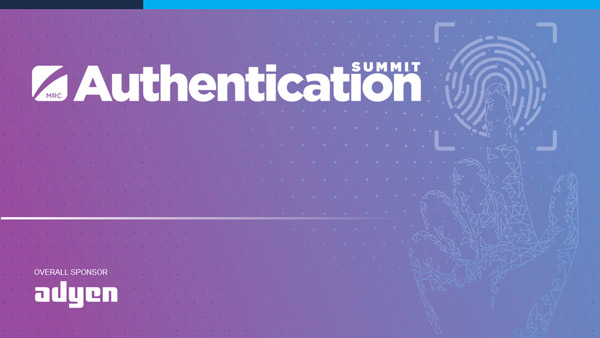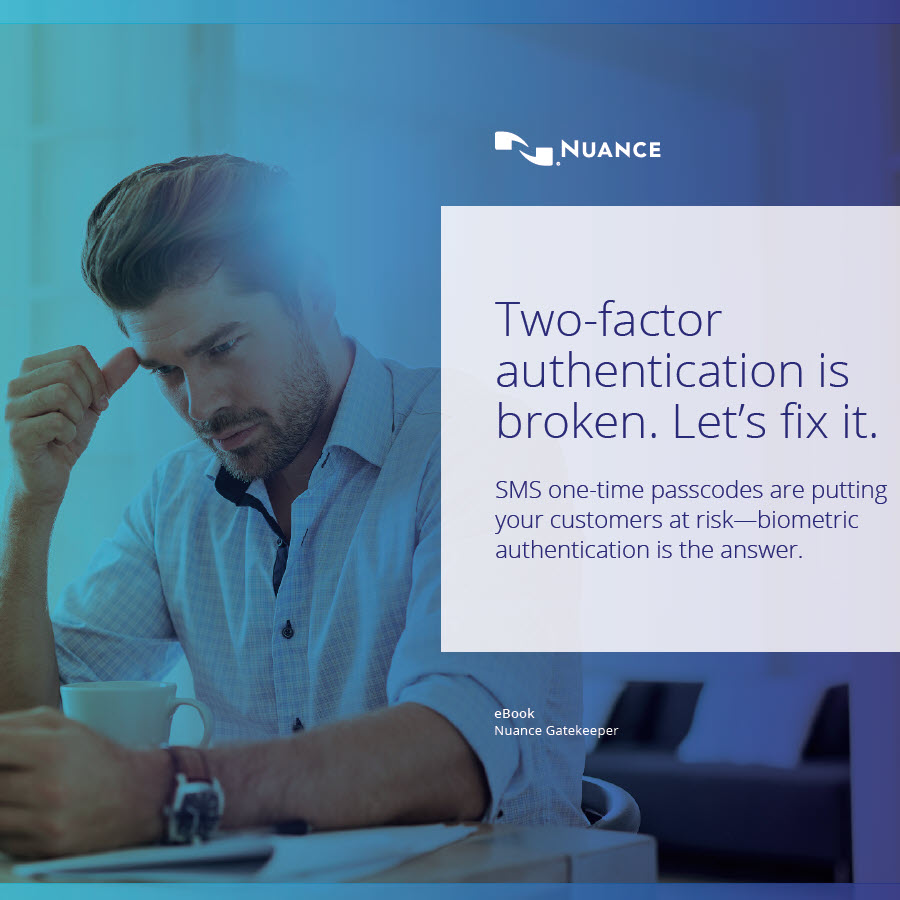Account Creation & Authentication: a Forgotten Source of Churn
It’s no secret that Account Takeover fraud (ATO) has CEOs and other business leaders squishing their stress balls. A recent study found that 72 percent of financial institutions see ATO as a major concern. But, earlier in the customer journey, lies another type of fraud that should also be “accounted” for: account creation and verification fraud.
We’ve all seen the enticing offers that apps promote to grab new users, from referral credit to one-time-only signup bonuses. These promotions are catnip for prospective customers, and perhaps more so for fraudsters, who can leverage automation to create thousands of accounts using bogus email addresses. The dizzying speed at which today’s fraudsters deploy bots caused a 70-percent jump in fraudulent account registration in the first half of 2021.
The financial losses from these attacks are real. So is the degradation of the user experience and the resulting customer churn—that’s not any better for bottom lines.
Removing friction from the account creation and verification processes is integral to creating a positive, pain-free app experience and avoiding an exodus of unhappy users. It marks the beginning of the customer journey—before the customer is actually a customer—and often is an overlooked source of churn. I saw a recent example in which a company signing up millions of new users per month lost 10 percent of these accounts due to email verification problems alone (verification emails landing in spam, issues with mobile email apps, etc.). The verify email step of account creation wasn’t being clicked and the customer, with an average lifetime value in excess of $20, was lost for good. That’s $2 million in lost revenue potential every month!
And lifetime value is only part of the equation. The most severe impact may be the hit to a company’s brand reputation.
An authentically frustrating issue
A new report from CMO Council, comprising 2,000 consumers from the US, UK, Canada, and Ireland, shows just how fed up customers are with account creation and authentication. Here are some notable takeaways:
- More than 60 percent of consumers surveyed had canceled a transaction due to inefficient authentication
- 81 percent of respondents indicated they would seek out companies that employed an easy and secure identity verification process
- 34 percent preferred to use biometrics as a primary means of authentication; 10 percent preferred to use passwords
As for brand reputation, most respondents (53 percent) reported that login problems were a substantial detractor, and an overwhelming majority (85 percent) indicated they look down on a company with identity verification issues. This specifically rang true for banks, credit providers, mobile payment apps, and other types of financial services.
Fixin’ the friction
If a fraud prevention solution can tell a company with a high degree of certainty that the user attempting to create a new account is legitimate, this significantly improves the user’s journey through the application. Less friction, happier customers.
Remove friction at the account creation and verification stages by adopting a passwordless approach, and employing an identity fraud solution that can provide trust signals on each new account in real time. To better illustrate a frictionless returning customer experience, let’s look at Resy, a restaurant discovery platform.
Let’s say Resy’s platform flagged potentially fraudulent activity when a customer, who used their saved credit card info, logged into a new device to book a dinner reservation. The application verifies the customer’s identity through the following steps:
- First page: Enter email
- Second page: Enter phone number
- Third Page: Resy sends a text message with a code
- Customer enters code and accesses the application
This is a brand that really cares about customer experience and wants to minimize steps/friction. At no point is the customer asked for their password.
The Trusted User Experience
Like Resy, other brands are upping their game in the user authentication department—Gartner expects more than 60 percent of large enterprises to adopt passwordless login by 2022. But passwordless isn’t perfect: devices can be stolen, biometrics can be spoofed, and hackers will inevitably adapt to new authentication tools by way of SIM swapping, intercepting SMS messages, biometric database leaks, and other methods. To avoid customer churn caused by sluggish account verification, and thwart account takeover fraud, companies must ultimately simplify account verification via identity intelligence: a contextual, data-driven solution that can confirm a user’s identity in real time.
Combine a passwordless approach with identity intelligence, and frictionless account verification is within reach. Just ensure the anti-fraud solution is compliant with those finicky data privacy acronyms (GDPR, CCPA, etc.) and, for financial institutions, anti-money laundering (AML) and know your customer (KYC) regulations. Then, back pats are in order because what I call the “Trusted User Experience” has been achieved: a seamless app experience that keeps users coming back again and again.
In year two of the pandemic, we’re still seeing an unprecedented number of users online. It’s more imperative than ever to both verify legitimate users and identify and neutralize threats expeditiously, especially at the account creation and authentication stage. Expeditiously meaning real-time—it’s the only acceptable route to a Trusted User Experience.
----------
About Ari Jacoby
Ari Jacoby is the CEO and co-founder of Deduce, the leading provider of cybersecurity solutions powered by real-time customer identity data. A four-time founder, Jacoby co-founded and led Circulate (acquired by LiveRamp, an Acxiom company), Solve Media (acquired by Adiant), Voicestar (acquired by Marchex), and Newsletters.com (acquired by MarketResearch).






